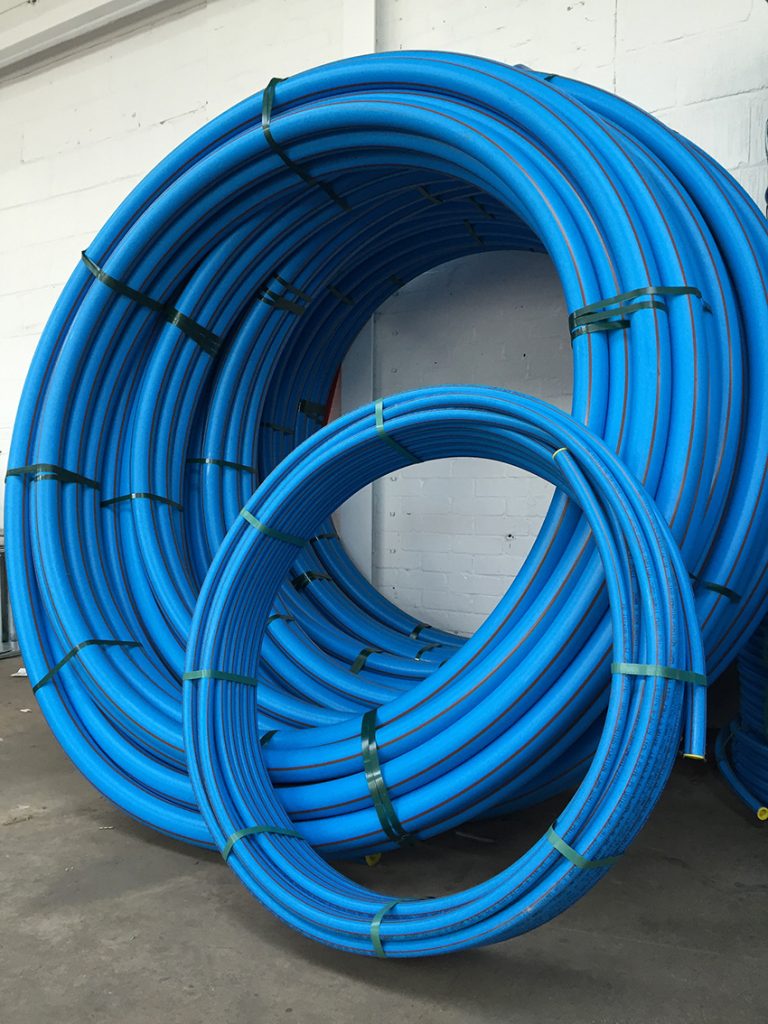How Do Water Barrier Pipes Work?

Water barrier pipes are crucial components in construction and plumbing to prevent water leakage and ensure the integrity of structures. These pipes are designed to create a barrier against water ingress, protecting buildings and infrastructure from potential water damage. Here’s a detailed look at how barrier pipes work and their significance in various applications.
Water barrier pipes are typically made from durable, corrosion-resistant materials such as PVC, polyethene, or stainless steel. They are also designed with special features to enhance their waterproofing capabilities. It contains protective coatings or linings applied inside and outside the pipes to provide an additional layer of protection against water penetration and corrosion.
These pipes are also frequently used to prevent contaminants from entering the water supply. Reusing contaminated land for new construction where water is required is becoming more common. To bring contamination levels down to a manageable level, former industrial land needs to be either cleaned up or have a suitable barrier pipe system fitted. Compared to regular pipes, they offer a much higher level of protection, ensuring the long term safety and good quality of the water supply.
Installation Techniques
The installation process for the water barrier pipes involves several steps. These pipes are laid in trenches with stable, compacted bedding to provide support and prevent movement. After installation, the pipes are tested for leaks and inspected to ensure they meet the required standards and specifications. Many UK water companies use these pipes for long term security of supply.
Contact Us
We at Rouden Pipetek Ltd have been supplying a range of drainage and pipework solutions for many years now. We are dedicated to providing quality service and competitively priced products for all of our clients. If you would like to explore a range of our water barrier pipes, please feel free to contact us today.
